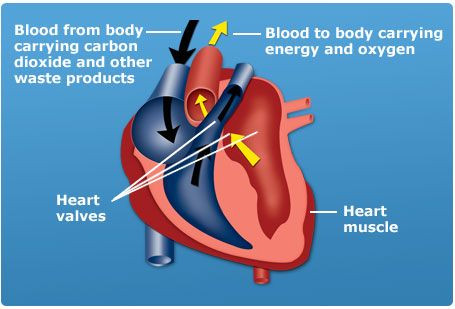Two Thirds Of Stroke Survivors Feel Anxiety And Depression After Leaving The Hospital's Care

The emotional toll taken on victims of a stroke may be just as detrimental to their health as the disease itself. A survey taken by UK's Stroke Association revealed that about two thirds of stroke survivors feel anxiety and depression type symptoms as a result of worrying about another stroke.
What's worse is that 42 percent of the people who have suffered a stroke feel "abandoned" when out of the hospital's care. Only one out of five will receive adequate advice on dealing with the emotional duress similar to the assistance given to cancer survivors.
"Stroke leaves survivors and families shocked, shaken and anxious as their lives are often irreversibly changed in an instant," said Jon Barrick, chief executive of The Stroke Association.
"There are over one million stroke survivors living in the UK and with an ageing population this figure is only set to increase. Better recognition by health and social care professionals of the impact of stroke will help people to be properly assessed and get the right support."
Although close to half of stroke survivors reported feelings of abandonment after leaving the hospital, the majority of survivors and family members were satisfied with the actual hospital's care, Daily Mail reported.
According to the American Stroke Association, 137,000 people out of the annual 795,000 Americans who experience a stroke die as a result, leaving approximately 658,000 survivors.
Another possible contributor to the emotional impact felt by stroke survivors is the financial burden they are left with. The ASA also reported that in 2010 Americans paid out $73.7 billion in stroke related medical bills and disability.
"Depression, anxiety and fear of another stroke are common feelings among those touched by the condition and in the most extreme cases people can be left feeling suicidal," said Professor Reg Morris, clinical psychologist at Cardiff and Vale University Health Board.
"Better recognition of the emotional effects of stroke by health and social care professionals is essential in order to address the need for integrated psychological support for survivors and their families."
"We know that with the right emotional, psychological and physical care more stroke survivors will have the opportunity to make their best possible recovery."
To get the full results of the survey and advice for dealing or helping someone deal with a stroke visit the Stroke Association's website.



























